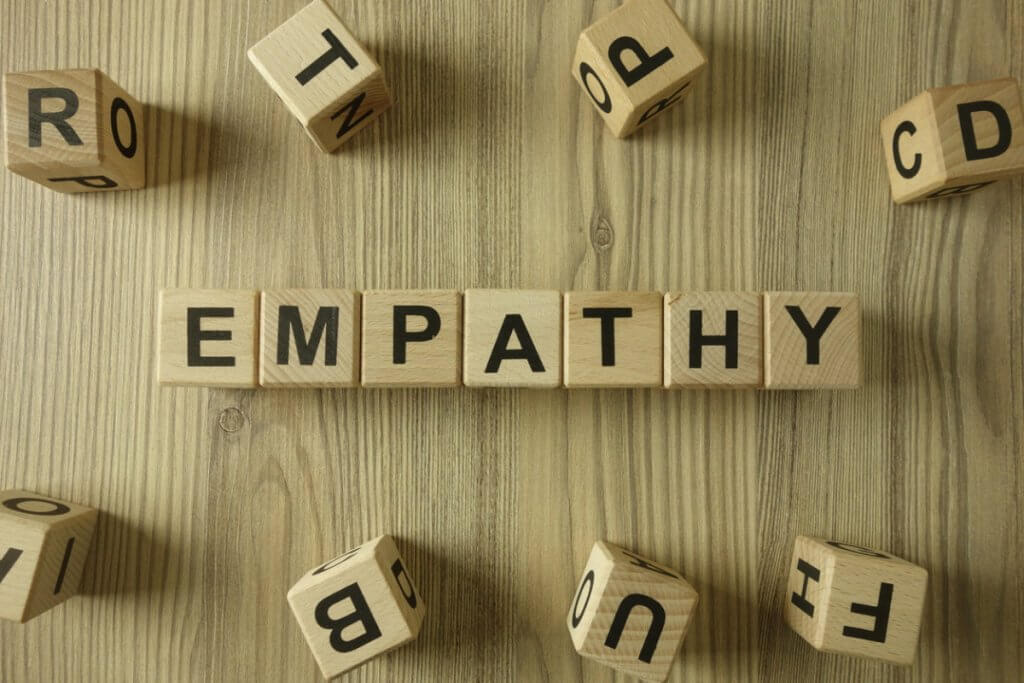Think about your favorite song, and all the different instruments and harmonies in it. Notice how they all work together to create an enjoyable tune? Well, using teamwork is just like that! Everyone brings different skills, or “parts,” and collaborates to achieve a shared goal. But back to your favorite song for a second– if one instrument or section of it was completely taken away, how much would that change the outcome? Though some instruments may be more noticeable than others, the song simply would not sound the same if anything was missing. That’s why it is extremely important to learn how to be a team player, and help others on your team succeed with you. It’s surprisingly simple to be a team player, but like every other skill, practice is crucial for success! Let’s review why being a team player is important, and how kids can benefit through cooperation…
Communication
Teamwork is a dynamic stage where effective communication becomes a cornerstone of success. Children learn to articulate their thoughts, actively listen to others, and navigate diverse viewpoints. Furthermore, it gives children valuable practice with discussing ideas respectfully among teammates, and analyzing all options to find the best one. These communication skills are transferable to various aspects of life, equipping you to express ideas clearly, resolve conflicts amicably, and collaborate seamlessly in both personal and professional spheres.
Resilience
In a team, challenges are inevitable, providing lessons in resilience. Children discover the strength derived from collective problem-solving, understanding that setbacks are temporary roadblocks rather than insurmountable barriers. What’s great about being a team player is that your group becomes a support system where everyone also works hard to provide the motivation that is often needed to continue. This resilience becomes a lifelong asset, shaping your ability to face adversity with determination, learn from failures, and emerge stronger in every endeavor.
Empathy
Lastly, teamwork cultivates empathy as children learn to appreciate the unique strengths and challenges of their teammates. Just like how band members need to have the basic knowledge of each other performers’ parts, each individual should be aware of what their teammates are bringing to the table, and how their own skills can complement. This understanding contributes to a compassionate worldview, where we value diversity and treat others with kindness. Beyond the immediate team context, this empathy becomes a guiding principle in interactions with a diverse society, fostering a spirit of inclusivity, understanding, and unity.
In Conclusion
In the grand painting of life, the brushstrokes of teamwork lay a narrative of shared accomplishments, mutual support, and enduring friendships. For children, embodying the essence of a team player is a first-class ticket to a future where collaboration becomes second nature, and success is celebrated not just on the individual level, but as a collective triumph as well. As they learn to navigate the intricate rhythm of collaboration, children emerge not just as skilled individuals but as cultivators of unity, equipped to bring the world together through the power of teamwork!


